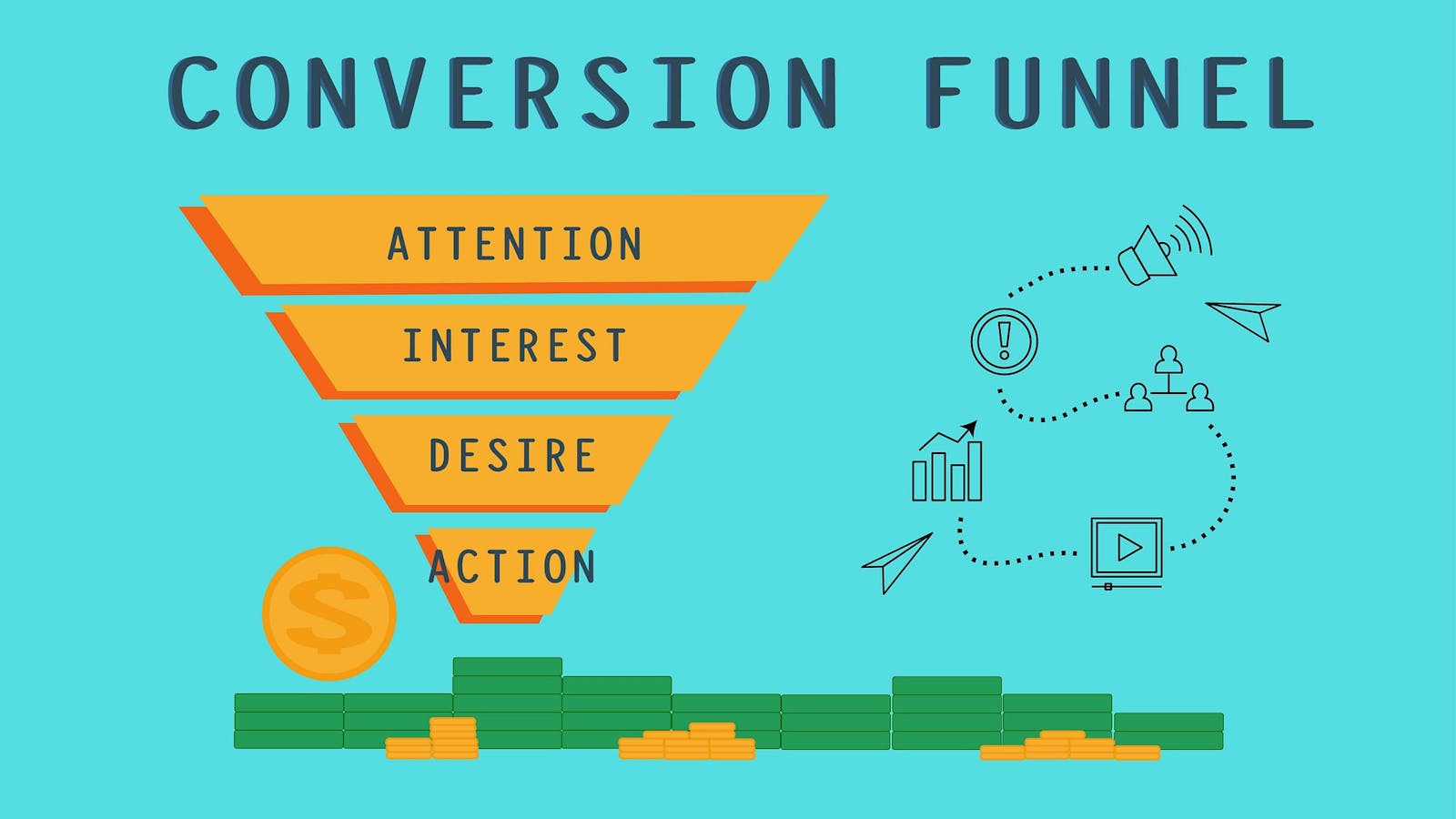
Email Marketing in 2025: 6 Key Regulatory Changes and Trends You Should Know
CP Advertising
2/19/2025
CP Advertising
2/19/2025
As we step into 2025, email marketers face a landscape that is rapidly evolving due to regulatory changes, technological advancements, and shifting consumer expectations. Here's a breakdown of the most significant developments that will impact email marketing strategies this year.
1. Stricter Consent Requirements
Effective January 27, 2025, the Federal Communications Commission (FCC) will implement a sig
nificant regulatory change under the Telephone Consumer Protection Act (TCPA). This new rule requires businesses to obtain explicit written consent from consumers for each individual company before sending marketing messages. This "one-to-one consent" requirement aims to close the so-called "lead generator loophole," which previously allowed marketers to use a single blanket consent for multiple sellers.
Under the new regulation, consent must be specific to one identified seller and logically related to the content of the consumer's inquiry. This shift poses challenges for marketers who rely on bulk lead generation, as each lead must now provide explicit permission for outreach. Businesses will need to refine their data collection strategies and ensure compliance with these new rules to avoid potential penalties. While this rule primarily applies to calls and text messages, it has implications for email marketing as well. Email marketers should be aware that these stricter consent requirements may influence consumer expectations across all communication channels and may necessitate more stringent email opt-in practices. Additionally, businesses using multichannel marketing strategies will need to ensure their consent collection processes are consistent and compliant across all platforms, including email.
2. Enhanced Email Security Protocols
In response to increasing concerns about phishing attacks and email spoofing, major email providers like Google and Yahoo have already enforced stricter DMARC (Domain-based Message Authentication, Reporting & Conformance) policies. These changes require businesses to implement robust authentication measures such as SPF (Sender Policy Framework) and DKIM (DomainKeys Identified Mail) to secure their domains. The push for stronger email authentication continues, with an emphasis on implementing DMARC policies, currently requiring at least a "p=none" policy for bulk senders, with the industry trend moving towards stricter policies like "p=quarantine" or "p=reject" in the future. Failure to comply could result in decreased deliverability rates, making adherence to these protocols crucial for maintaining effective email marketing campaigns.
3. Focus on Privacy-Centric Strategies
With growing awareness around data privacy, marketers must adopt privacy-centric strategies that respect consumer preferences while still delivering personalized experiences. The concept of "zero-party data" is gaining traction, where customers voluntarily share their information in exchange for tailored content. Businesses will need to prioritize transparency about data collection and usage, ensuring compliance with global privacy regulations such as GDPR and CCPA. Clear communication about how consumer data is used in personalized campaigns will be essential for maintaining consumer trust.
4. AI-Driven Personalization
Artificial intelligence continues to revolutionize email marketing by enabling hyper-personalization at scale. AI tools this year will continue to help marketers analyze vast amounts of customer data to create highly targeted campaigns that resonate with individual preferences and behaviors. From generating compelling subject lines to optimizing send times, AI will streamline workflows and enhance the overall effectiveness of email strategies.
The era of generic mass emails is long gone, replaced by hyper-personalized campaigns that speak directly to each recipient's unique interests and behaviors. AI-powered tools are now capable of analyzing vast datasets, including customer behavior, purchase history, and real-time interactions, to create dynamic content that feels tailor-made for each recipient. This level of personalization goes far beyond simply addressing customers by their first names; it involves crafting entire email experiences that resonate on a personal level. The integration of AI into email marketing strategies will continue to spark significant improvements in key performance metrics, such as higher open rates, click-thru rates, and conversions thanks to personalized and optimized content.
5. Sustainability Initiatives
As environmental concerns rise, sustainability is becoming a key focus in email marketing. Marketers are expected to adopt greener practices by reducing the carbon footprint associated with email campaigns. This includes optimizing email designs to use less energy, cleaning contact lists, and minimizing unnecessary sends. Companies will increasingly prioritize eco-friendly approaches as part of their brand identity.
6. Interactive Email Content
To capture attention in crowded inboxes, interactive emails are set to become more prevalent in 2025. Elements such as polls, surveys, GIFs, and dynamic content can significantly boost engagement rates by encouraging recipients to interact with the email beyond just reading it. As these features become more common, marketers must ensure they comply with accessibility standards and privacy regulations. Marketers who embrace these dynamic elements while prioritizing accessibility and compliance will be well-positioned to capture audience attention and drive meaningful engagement in an increasingly competitive digital landscape.
Conclusion
The landscape for email marketers in 2025 is characterized by stricter consent requirements, enhanced security protocols, a focus on privacy-centric strategies, and the integration of AI for personalization. Additionally, sustainability initiatives and interactive content are becoming essential components of effective email marketing campaigns. By staying informed about these changes and adapting strategies accordingly, marketers can navigate this evolving landscape successfully. The future of email marketing belongs to those who can seamlessly blend compliance, creativity, and cutting-edge technology to deliver value in every inbox.
Ready to discover how The Christian Post can maximize your marketing strategy? Let’s talk.


